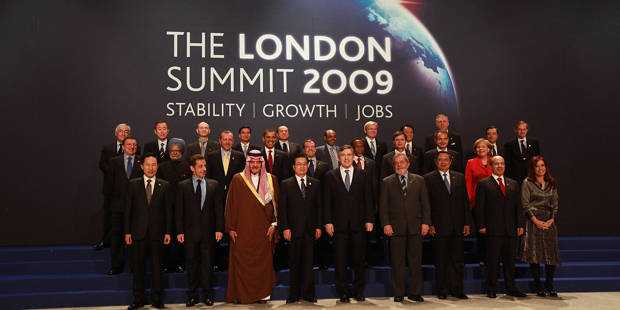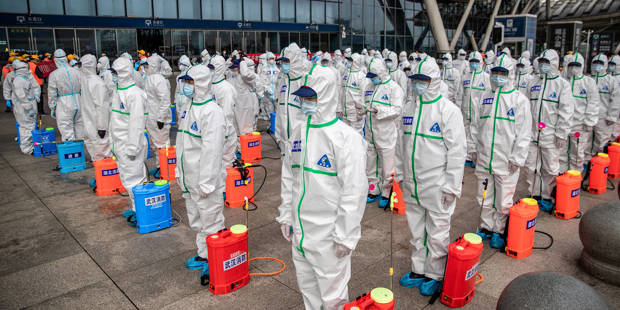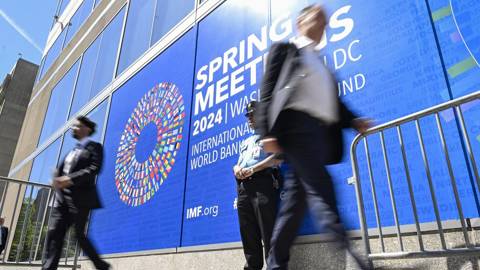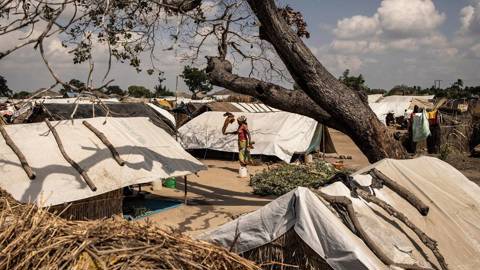Jeremy Farrar
Jeremy Farrar is Director of the Wellcome Trust and an adviser to the G20 High Level Independent Panel on financing the Global Commons for Pandemic Preparedness and Response.
-
An Ounce of Pandemic Prevention

An Ounce of Pandemic Prevention
Mar 23, 2021 Sally C. Davies, et al. think the COVID-19 crisis can spur reforms and investments that yield a pound of cure for global public health.
-
Now or Never for Global Leadership on COVID-19

Now or Never for Global Leadership on COVID-19
Apr 7, 2020 Gordon Brown, et al. issue a call for adequate funding to enable developing countries to fight the pandemic.
-
A Letter to G20 Governments

A Letter to G20 Governments
Apr 6, 2020 Erik Berglöf, et al. call on the group's leaders for coordinated global leadership – now – to fight the pandemic.
-
The Most Important Health-Care Tool Is Trust

The Most Important Health-Care Tool Is Trust
Jul 23, 2019 Jeremy Farrar urges policymakers, practitioners, and civic leaders to learn from a new survey of attitudes toward science.
-
Vaccinating Against Superbugs

Vaccinating Against Superbugs
Nov 15, 2018 Seth Berkley & Jeremy Farrar argue that in the fight against drug-resistant infections, the world has a potent if underused weapon.








